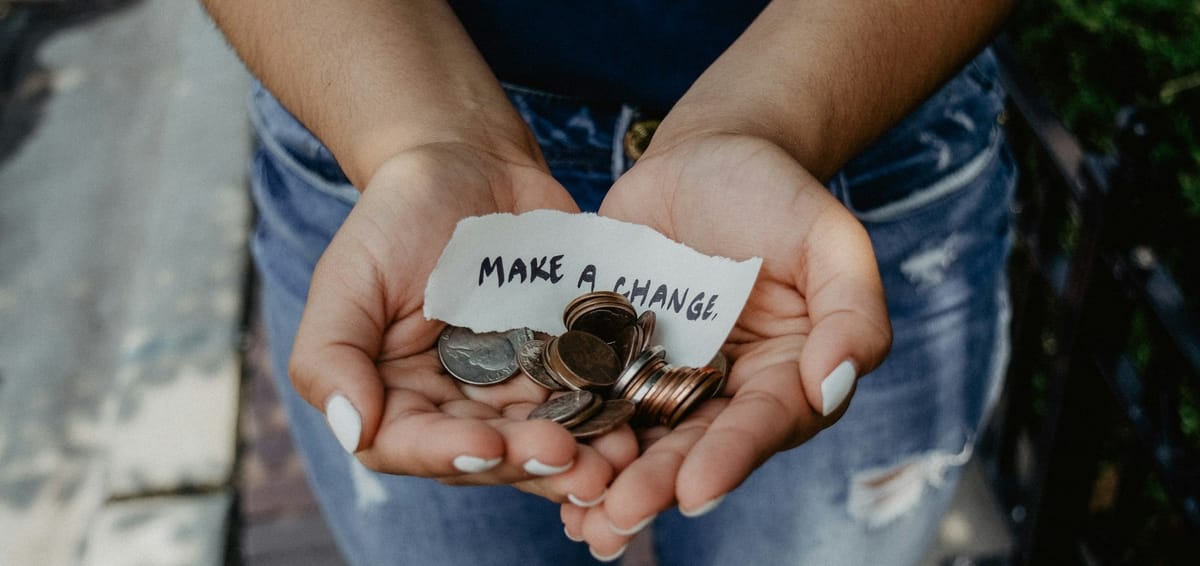Why I Stopped Donating and Started Building Paychecks
Donations offer quick relief, but real impact comes from creating paychecks that sustain families long after the crisis ends.

I used to think donating money was the pinnacle of generosity. It felt clean and immediate: wire funds, feel good, move on. However, the same people continued to show up with the same problems. My money was stopping the bleeding, not healing the wound.
Then it clicked: meaningful help isn’t about how much leaves my account. It’s about what my money reliably produces after I’m gone.
Ferries vs. Bridges
Here’s the lens that changed me.
- Donations are ferries. They’re essential when the water rises; quick, lifesaving, short trips across.
- Employment is a bridge. Harder to build, slower to celebrate, but once it’s up, people cross every day without asking me for another ticket.
Both matter. But if I’ve got the resources to build bridges and I keep buying ferry tickets instead, I’m optimizing for applause, not outcomes.
The Ego Trap
Donating rewards the giver instantly. You receive gratitude, a receipt, and possibly a post. Employment rewards quietly: onboarding headaches, payroll, training, and feedback loops. No halo. Just families paying rent, kids staying in school, and dignity that doesn’t expire at the end of the month.
If I treat hiring as a form of charity, I’ve missed the point. The moment I see someone as “my good deed,” the relationship deteriorates; respect comes first, systems second, and money third.
What I Changed
I stopped asking “How much should I give?” and started asking “What can this money build that pays other people. Again and again?”
- I hire for work I could technically do myself.
- I turn one-off gigs into recurring contracts.
- I become someone’s first customer, then introduce their service to others.
- I fund apprenticeships with a path to fundamental roles.
- I share upside: revenue shares on projects, so income grows with value.
- I budget for training so people outgrow the job I hired them for (and sometimes come back as partners).
The result? Fewer rescue missions, more stable households. Less noise, more compounding.
Where Donations Still Win
If you’re not sitting on a serious surplus, a donation can be the difference between “make it” and “can’t.” Emergencies don’t wait for bridges. Even with a surplus, I still donate in times of crisis. I don’t confuse that with long-term change.
My Rule of Thumb
If my money can fund a paycheck, it should. If it can’t, I’ll buy the ferry tickets without pretending they’re a bridge.
Impact isn’t measured by how generous I look today, but by how many predictable paydays exist tomorrow, without me in the room.


